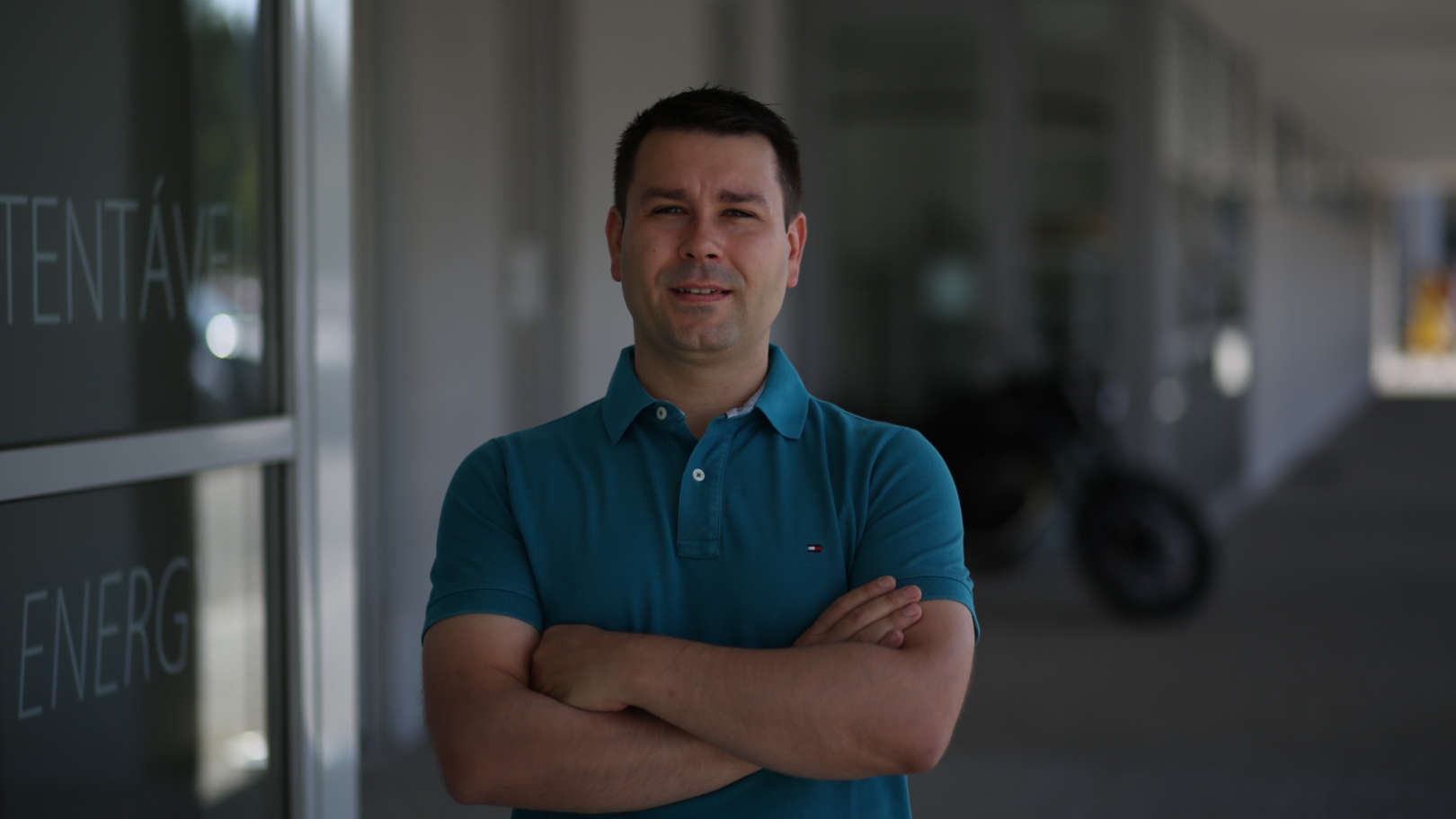About
Currently, I'm an Associate Professor at the Faculty of Engineering at University of Porto and an integrated member of the research center HASLab/INESC TEC. My research is mainly focused on aiding end users being more effective and efficient when developing their software systems. In particular, I've made several contributions to improve the effectiveness and efficiency of spreadsheet users/developers. More recently I've also worked on improving software energy consumption through the analysis and transformation of its source code. Currently I'm focused on making data science more accessible for (end) users. Moreover, I'm also studying how to improve the development of software applications based on the microservices architectural style. I obtained my PhD degree in Computer Science from the University of Minho in 2011. Afterward, I was a postdoctoral fellow jointly at University of Minho and Oregon State University, and was also an Invited Professor at School of Management and Technology of Polytechnic Institute of Porto, Assistant Professor at NOVA University of Lisbon and Assistant Professor at University of Minho.


